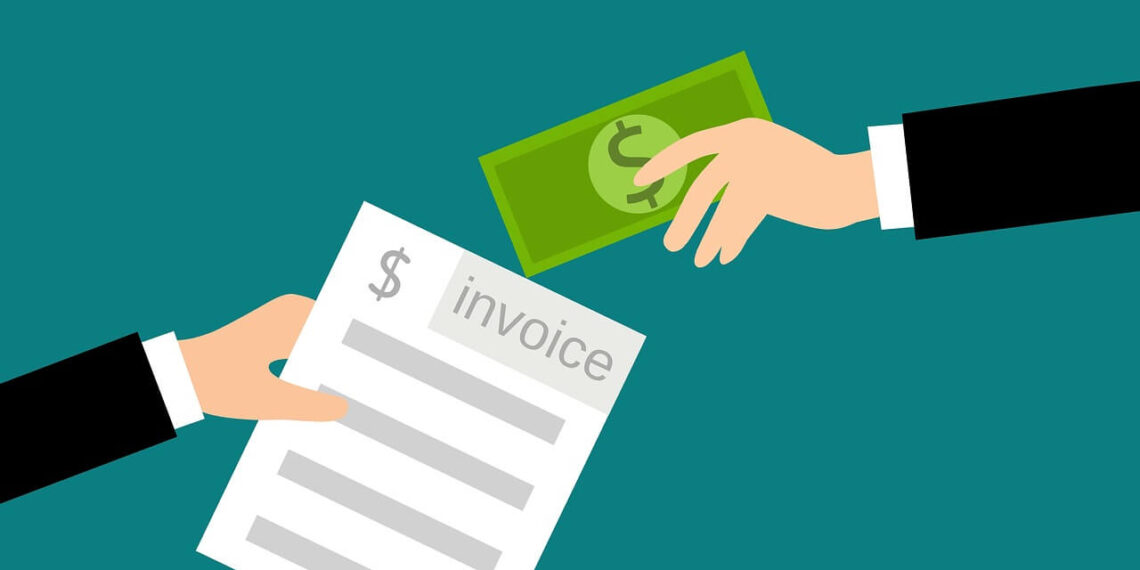Credit transactions are an integral aspect of every retail or service-oriented business. They are harmless if your client or consumers pay on time, ensuring cash flow stability and your readiness to trade in the future. However, they are problematic when a particular client or customer makes late payments or refuses to pay. In such a case, you may be on the verge of ripping your hair out, trying to figure out how to deal with it without jeopardizing your company’s reputation in the market.
Table of Contents
How to Recover Debt Appropriately?
Requesting a consumer or client for money they owe your business can be infuriating. It is easier to recover money from a debtor who always pays on time. Still, it is occasionally not possible due to financial problems. It can also be problematic to collect from someone who has managed to owe numerous people and will pay you intermittently but eventually.
It is, however, detrimental to your business when a debtor makes frivolous excuses to avoid paying the money. If you are encountering such a situation right now, don’t fret. Here are a few suggestions that will help you with debt recovery.
Review Invoicing Policies
You are more likely to receive late payments if your invoice does not specify a due date. Therefore, make sure your invoice clarifies payment conditions and acceptable payment methods. In addition, make sure your invoice includes pertinent details, such as debtor-creditor contact information, total invoice value with accurate breakdown, distinctive bill number, etc., for quick processing without confusion.
Is your company’s cash flow always unstable due to debt? Then begin invoicing your customers twice a month. In addition, invoices should be sent on the first business day of the month. The sooner you send an invoice, the sooner you’ll be paid, and the less cash flow volatility you’ll face.
Also, keep your invoicing technology up to date. Ditch the time-consuming and arduous excel sheets in favor of the latest tools. Tools that can save you time and effort while allowing you to concentrate on your primary company tasks. Systems that maintain a record of every call made may come in handy in the future if you are forced to take legal action.
Call center phone systems for debt collection can be the perfect system for your business. Introduce it to your company for a more simplified and effective debt collection approach.
Know Your Rights
Don’t just muddle your way through the debt collecting procedure. Understand your rights and legal remedies if a customer refuses to pay you. If you are knowledgeable about fair debt collection practices, you will be able to communicate your rights with the client. As a result of such knowledge, the customer may become cautious and pay you the money.
Document Everything
If you leverage call center phone systems for debt collection, they are already recording all payment recovery calls. But if you haven’t, it’s your responsibility to ensure that every call to the debtor gets recorded. If you visit the client in person, make a note of each log visit. Additionally, if you send emails, preserve the email dialogue. You need to maintain all these records if you are forced to face legal battles with your debtors. Such comprehensive documentation improves your chances of winning and obtaining the payments your company is owed.
Stay Calm
You may be on the brink of ripping your hair out, but you must remain calm. If you lose your temper and a customer senses your rage through phone conversations or personal visits, they may take it personally and make things much more difficult for you.
The best approach would be to let the debt collection solution we discussed earlier handle all your legwork. The tool operator knows how to communicate calmly and how often to call. They know the delicate line between checking in and bugging your client, preventing them from acting out.
Run Background Check on Client
Are you about to land a big-ticket client? Congratulations! But don’t make rookie mistakes in the hope of more business. Be cautious. Refer to the client’s payment history before entering a contract with them. Conduct a thorough background check on the client’s trading activity. Also, approach the client’s bank to identify any potential red flags.
Please enquire with the bank about how your prospective client operates its bank account. Request the bank to disclose concerning banking information if any. Proceed with the transaction only if you obtain favorable trade and baking references. If the references are negative, let the client go, no matter how high-paying they are.
Conclusion
Persuading clients to take you seriously and pay off debts in a timely and acceptable manner is challenging. However, with the help of this guide, you can make the procedure more accessible and more effective. All you have to do is stay relaxed, patient, and proactive.

